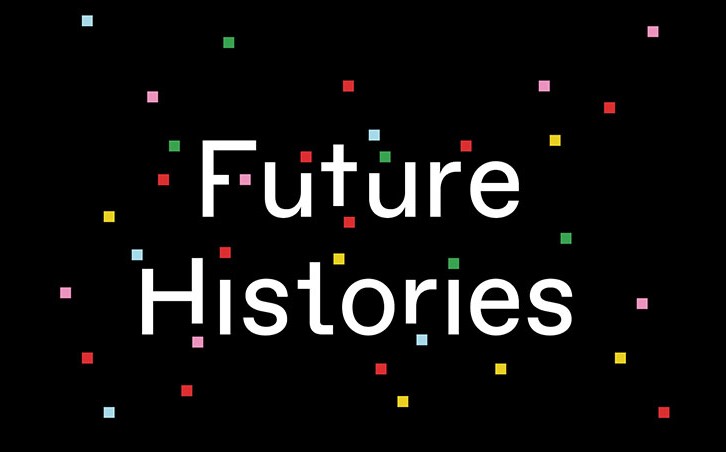
Today, my book Future Histories is published internationally by Verso. I would love to know what you think!
When we talk about technology we always talk about the future—which makes it hard to figure out how to get there. In Future Histories, I argue that we need to stop looking forward and start looking backwards. Weaving together histories of computing and social movements with modern theories of the mind, society, and self, the book constructs a “usable past” that will help us determine our digital future.
It covers topics like social media, the surveillance state, ethical design, technological utopianism, open source software, the ownership of digital infrastructure and automation. It discusses histories of 8-hour day movement, Freudian thinking, the American revolution, the Paris Commune, as well as Ada Lovelace’s contribution to computing, among other topics.
The book is for people in tech who are keen to know more about the historical context that got us here; as well as for critical thinkers starting to get curious about technology.
It is available in hardback, ebook and audio book (in Australian bookshops from 1st July).
Book: https://www.amazon.com/Future-Histories-Lovelace-Commune-Technology/dp/1788734300
Audiobook: https://www.audible.com.au/pd/Future-Histories-Audiobook/1977342760
Verso also has a blurb about the book here: https://www.versobooks.com/books/2960-future-histories
When we talk about technology we always talk about the future—which makes it hard to figure out how to get there. In Future Histories, Lizzie O’Shea argues that we need to stop looking forward and start looking backwards. Weaving together histories of computing and social movements with modern theories of the mind, society, and self, O’Shea constructs a “usable past” that help us determine our digital future.
What, she asks, can the Paris Commune tell us about earlier experiments in sharing resources—like the Internet—in common? Can debates over digital access be guided by Tom Paine’s theories of democratic economic redistribution? And how is Elon Musk not a visionary but a throwback to Victorian-era utopians?
In engaging, sparkling prose, O’Shea shows us how very human our understanding of technology is, and what potential exists for struggle, for liberation, for art and poetry in our digital present. Future Histories is for all of us—makers, coders, hacktivists, Facebook-users, self-styled Luddites—who find ourselves in a brave new world.